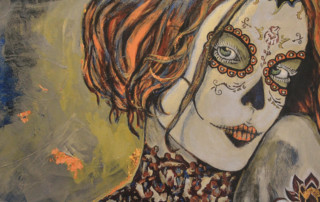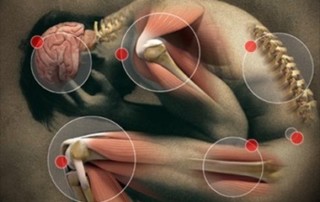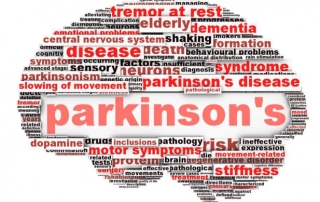The Prisoner of Parkinson. Studies in the sociological theory
The Prisoner of Parkinson theory. The diseased often suffers from envy towards those who are healthy. Studies in the sociological theory of Parkinson. The Prisoner of Parkinson is a man or woman who is suffering from this sickness. The ill person can receive help with the only sociological theory in the world studied for long-term illnesses. This research is in the field of the pain sociology and the statement is: a healthy mind in a sick body, therefore a captive. A typical sign of the prisoner status is the jealousy towards who is not suffering. Especially relevant [...]





